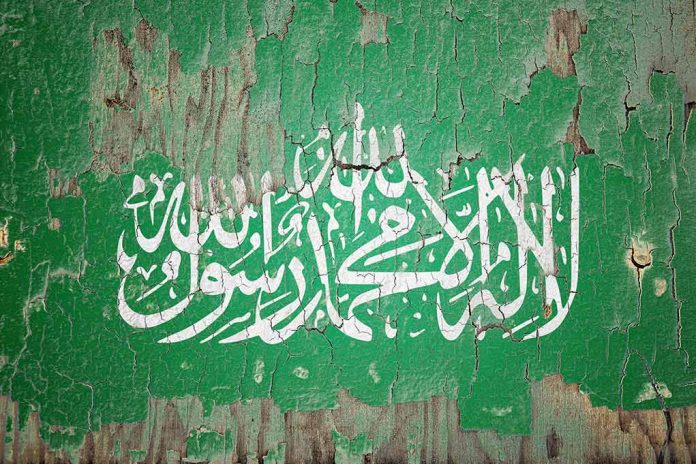
Hamas leader Yahya Sinwar, the mastermind behind the October 7 attacks on Israel, has been killed in a firefight with Israeli Defense Forces, potentially altering the course of the ongoing conflict in Gaza.
At a Glance
- Yahya Sinwar, Hamas leader, killed by Israeli forces in Rafah, Gaza
- Sinwar orchestrated the deadly October 7, 2023 attacks on Israel
- His death may open possibilities for ceasefire negotiations
- Implications for Hamas leadership and regional tensions remain uncertain
Sinwar’s Death: A Turning Point in the Gaza Conflict
The Israeli Defense Forces (IDF) have confirmed the death of Yahya Sinwar, the leader of Hamas and a key figure in its military operations. Sinwar was killed during a firefight in Rafah, Gaza, on October 16, 2024. As the mastermind behind the deadly October 7, 2023 attacks on Israel, Sinwar’s demise marks a significant moment in the ongoing conflict and could potentially reshape the dynamics of the region.
Sinwar’s tenure as Hamas leader was characterized by his uncompromising stance against Israel and strong ties with Iran. His death presents a strategic opportunity for Israel, particularly concerning hostage negotiations and the possibility of a ceasefire. However, the broader implications for the conflict and regional stability remain uncertain.
The death of top Hamas leader Yahya Sinwar brings an opportunity to "finally end the war in Gaza," Vice President Kamala Harris said Thursday.
Speaking during a campaign stop in swing-state Wisconsin, Harris stated that the war "must end such that Israel is secure, the hostages… pic.twitter.com/SFc4MAWb1r
— PBS News (@NewsHour) October 17, 2024
Impact on Ceasefire Negotiations
Sinwar’s elimination could potentially pave the way for more productive ceasefire talks. His insistence on a permanent agreement that would allow Hamas to retain power in Gaza had been a major obstacle in negotiations. Israeli Prime Minister Benjamin Netanyahu had only been willing to consider a temporary truce, aiming to prevent Hamas’s long-term survival.
With Sinwar out of the picture, there is speculation that new Hamas leadership might be more open to compromise. However, experts caution against expecting immediate changes in strategy from either side. The conflict between Israel and Hamas’s regional allies, such as Hezbollah, is unlikely to be resolved by changes in Gaza alone.
Implications for Hamas and Regional Stability
Sinwar’s death represents a significant blow to Hamas’s leadership structure. As a key figure in the organization’s refusal to surrender despite heavy Israeli retaliation, his survival had been seen as a barrier to Israel declaring victory. His elimination could allow Israel to claim a major success in its military campaign.
However, the power vacuum left by Sinwar’s death raises questions about the future direction of Hamas. While it may create an opportunity for more moderate voices within the organization, it could also lead to internal power struggles or the emergence of even more hardline leadership.
The Road Ahead
As the region grapples with the implications of Sinwar’s death, the international community watches closely for signs of how this development might affect the broader conflict. While his elimination removes a significant obstacle to negotiations, the path to a lasting peace remains complex and fraught with challenges.
The coming weeks will be crucial in determining whether Sinwar’s death will indeed lead to a breakthrough in ceasefire talks and hostage negotiations, or if it will spark a new cycle of violence. As both sides reassess their positions, the hope for a peaceful resolution hangs in the balance, with the lives of countless civilians in Gaza and Israel hanging in the balance.
Sources:
- How Sinwar’s Death Could Change the War
- Sinwar’s killing means much uncertainty for the war in Gaza but also possible opportunity













